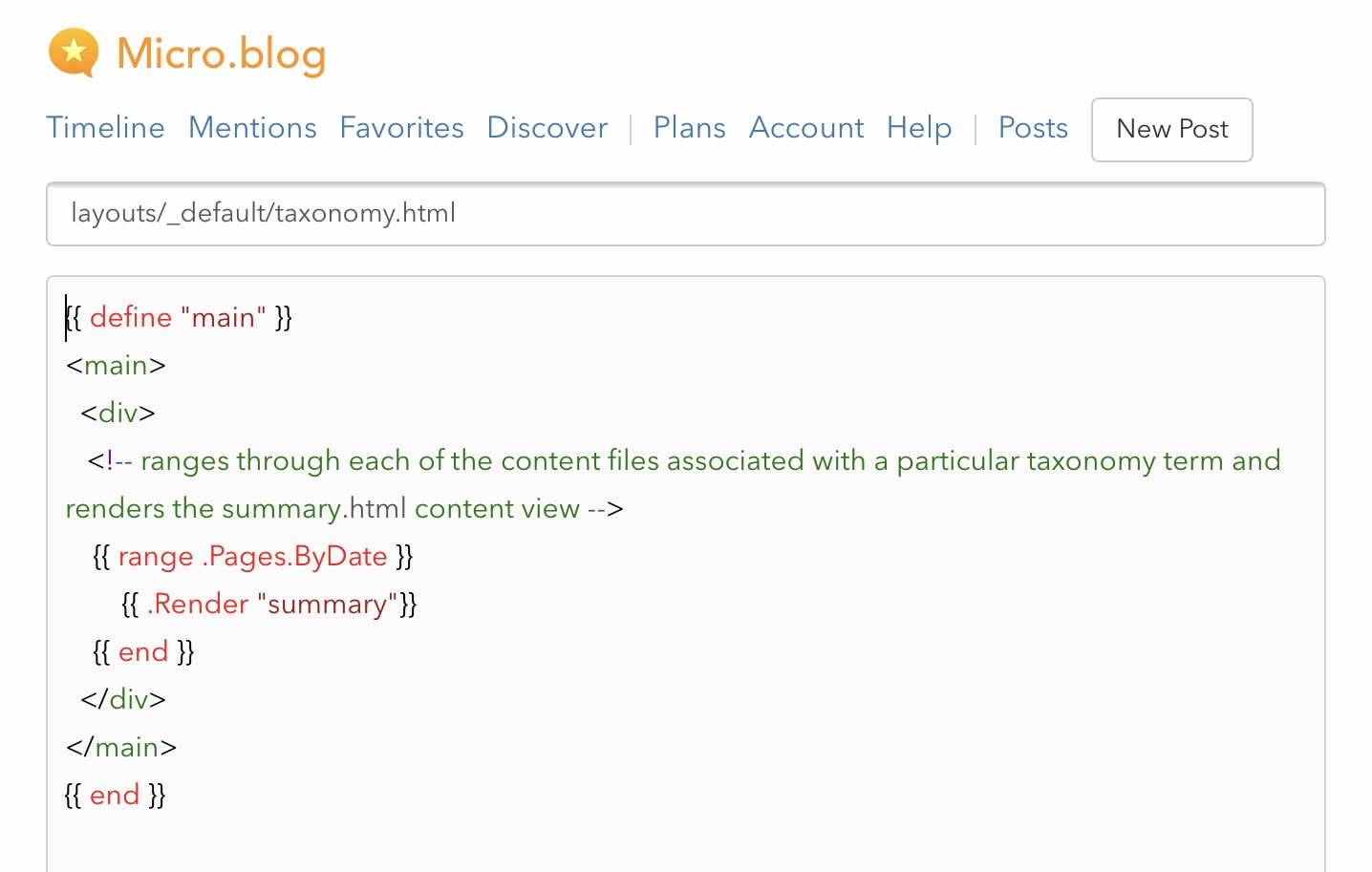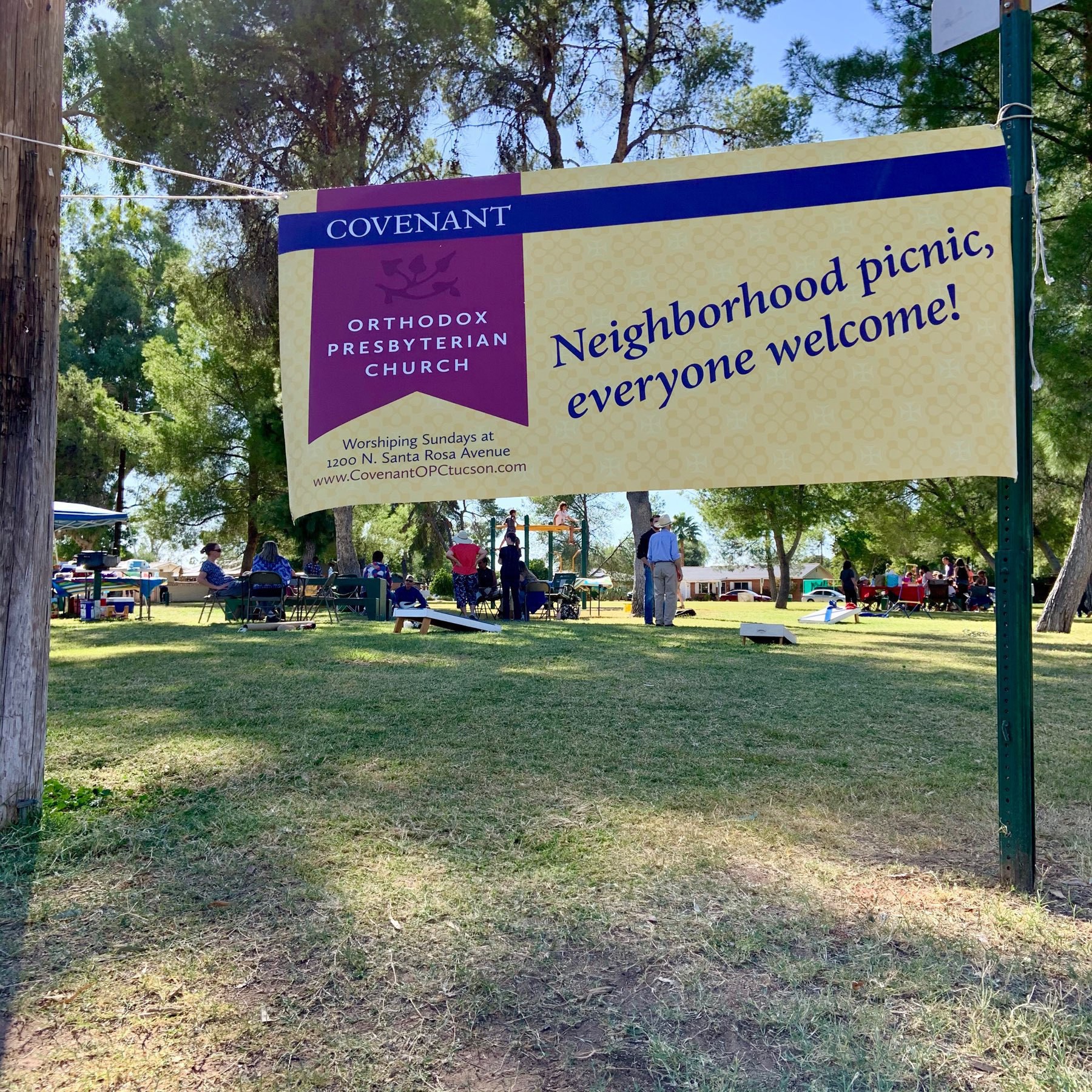Learning how to think and have good conversations are two skills you can and should improve.
They’re also related because thinking is relational. Learn how to think and you’ll improve your conversations. Learn how to converse and you’ll improve you thinking. Do both and you’ll make the world a better place.
To get you started, @joshuapsteele has shared advice from two worthy guides.
- Advice from Alan Jacob’s book, How to Think
- Advice from Morton Adler’s book, How to Speak, How to Listen
Read through these summaries, then study the books. Just don’t try to learn everything at once. You’ll get overwhelmed and quit. Instead, just pick one thing and start putting it into practice. When you’re doing better, come back and try another.
How much do you really pay for a turkey after you subtract the weight of the non-edibles like packaging, bones, and blood.
With Thanksgiving two days away, and the nearby Walmart selling whole turkeys for $0.68 per pound, I decided to find out.
So I bought a 16.07 lb. Jennie-O, removed the packaging, drained the blood, washed the skin,1 cooked the turkey, and then pulled the meat off while it was still hot out of the oven.
How much meat did I collect? I got 5.1 lbs, which means that instead if $0.68, I paid $2.14 per pound.
Of course, the broth, neck, giblets, and gravy packet (except the plastic bag) are all edible. But for my purposes today, I’m going to count these as bonuses.
-
Oops. Don’t wash the turkey! ↩︎
📚 Looking forward to reading @manton’s forthcoming book, Indie Microblogging.
This is entry 1 of the blogchain TBRI.
TBRI stands for Trust-Based Relational Intervention. It’s a set of ideas and practices championed by Drs. Karyn Purvis and David Cross of the Texas Christian University Institute of Child Development. TBRI aims to help meet the needs of “children from hard places”; where other interventions are failing, TBRI helps kids with big challenges reach their potential.
As such, TBRI serves an important role in interrupting and in healing. It helps to interrupt the cycles of abuse and neglect that lead to broken families, expulsion from schools, unstable employment, prison time, and out-of-wedlock kids who will face similar challenges. It helps bring about important, life-improving behavioral changes. In the places where TRBI has been adopted, including large school districts, TBRI has made a big difference.
My wife and I learned about TRBI when we were looking for help in parenting a child we adopted. Our parenting strategies that had worked well for our other kids, have not worked well with this kiddo. So over the next few months, even as we explore other possibilities, we are trying to master the fundamentals of trauma-informed care through TBRI and give it a solid chance in our home.
To start learning the fundamentals, we downloaded and listened to most of the 2018 Empowered to Connect conference. This conference provided an overview and some encouragement, but we needed something a little more direct and systematic. So we are currently working our way through this excellent self-guided video course with some coaching support from Mario Sanchez, a licensed counselor and TBRI practicioner in Tucson.
As we learn, I’ll post occasional notes on our learning adventure here.
I’m not sure where this will lead or how much TBRI will help our family, but I do know that as we seek to learn what we can from the research into human development and the thoughtful moral applications of others, we can’t take our eyes off God. In everything we must depend on his grace alone, trusting in his wisdom and power, not ours. So this, from Psalm 74, is my prayer:
Have regard for the covenant, for the dark places of the land are full of the habitations of violence. Let not the downtrodden turn back in shame; let the poor and needy praise your name.
🎨 Nice! This easy to use tool can tell you if certain color combos meet web accessibility standards or not. And when they don’t, it suggests close alternates that can pass the test.
Like most blog themes, my current theme uses reverse chronological order to display posts. Newest posts show first.
I like this, but I wanted the opposite to happen when the posts are displayed as part of a category. This would allow me to create blogchains (like these) where readers could read a series of posts in the order in which they were written.
Happily, blogs hosted on Micro.blog can customize their themes. Here’s I did that to display category posts with the oldest posts showing first.
-
Find the custom templates custom theme.
-
In the config.json file, between the first and last curly brackets in the file, add the following:
"taxonomies": { "category": "categories" } -
Click “Create New Template”
-
Add the following file name and code, then click “Update Template”:

I figured this out using the following Hugo help pages. They also explain how you can order your posts in other ways, such as alphabetically or by length.
I’m on a learning adventure to master the fundamentals of cursive penmenship. It’s a relaxed adventure. More of a stroll, actually.
My kids are fellow travelers, some ahead and some behind me. They are learning a cursive script at school and leave artifacts of their learning around the house, which impress and encourage me. Yesterday, my son was having some Outside Time during which wrote his name on some concrete with a piece of found charcoal.
So, one or two evenings week, I’ll sit at the dining table with my wife. And while she works on her art, I’ll work through another lesson in The Art of Cursive Penmenship: 86 lessons by Master Penmen and composer of American Cursive, Michael R. Sull.
🗺 Explore the future of blogging and the Internet by adding to this group blogchain. Or, if you prefer, just read along.
🧺 Beautiful day for a picnic! We had a relaxing time and got to meet some more of our great neighbors.

📚 Read: about Aquinas on emotions. Excellent…and fascinating.
⛪️ Great sermons yesterday at Covenant. Listen to Phil Kruis’s exhortation from 1 Timothy to godliness and contentment, and Paul Johnson contrast the kingdom of Christ with the kingdoms of this world from the book of Esther.
📚 Members of my church are sharing books with each another through Inventaire. The UI could use some attention, but overall it’s working well.
Over the next few months at Covenant, we are working to improve and align the various ways we share information at church. This includes how we use church bulletins, announcements, and the website, and more.
Why it matters: Having a good communication system within a church is important. A good communication system helps get the right information to the right people at the right time. It helps new members better integrate into the body. It helps people trust the information they receive. It helps people know how the church is doing and helps enable them to contribute to it’s growth and maturity.
A little background: Our first, big growth-step in this area happened eleven months ago when we began offering everyone an easier way to communicate with the whole church. We used a bare-bones set up with Outlook to make this happen.
Since offering this, we’ve faced some challenges that have generated some great feedback. We’ve also seen and heard about the ways that increased sharing within the church has helped us grow as a church body. Prayer requests and event planning have been especially beneficial.
What’s new: So based on what we’ve learned so far, we are now taking the next step and have built two new tools to replace and improve on our current email system.
Covenant Chronicle: First, we are reviving our church newsletter. This will be a simpler version of what we’ve produced in the past and will be sent 2-4 times a year. This will be a public, big-picture update for the whole church, longtime friends, and anyone interested in hearing what we’re up to.
- We hope this will keep our friends in the loop without sending an email deluge every time we decide to have have a meal together.
Covenant Connect: Second, we have created an online private forum called Covenant Connect. This will be for members and regular attenders of Covenant to stay connected with each other and all the activities of the church. Covenant Connect will provide:
- ways for members to control the flow of information and make sure they get what they need
- improved moderation (most posts generously approved within 24-hours)
- a place for members to learn the ropes, called The Guide
- the ability for teams to work together and preserve their work
- polling, easy site-feedback, and many other features
The tech: For those who are interested, we are using Discourse to build the forum and Buttondown for the newsletter.
Prayer request: Please pray that we’ll find success using these tools; that God will improve our ability to connect with each other as we find and share information in ways that please Him.
“Let no corrupting talk come out of your mouths, but only such as is good for building up, as fits the occasion, that it gives grace to those who hear” (Ephesians 4:29).
Thanks for reading!
🌵 We saw a bunch of these little guys last Saturday at the Tucson Reptile and Amphibian Show. They don’t stay little!
👩💻👨💻 Let’s take some personal responsibility for our media landscape and diet. Jim VandeHei of Axios gets personal.
📖 Last night in Going Deeper, I taught the distinction between archetypal and ectypal theology. The great Francis Junius wrote a few excellent chapters about this distinction in De Vera Theologia, which has been translated into English and is available for free online.
🧔🏻 Check out my new learning page. Thank you Jared Pereia for the idea.
According to Ephesians 4, it is God’s will that the church grow and become more mature. That the body of Christ, with all it’s members
“attain to the the unity of faith and the knowledge of the Son of God, to mature manhood, to the measure of the stature of the fullness of Christ, so that we may no longer be children, tossed to and fro by the waves and carried about by every wind of doctrine, by human cunning, by craftiness in deceitful schemes.”
And many other scriptures make this point. For example:
“Yet among the mature we do impart wisdom, although it is not a wisdom of this age or of the rulers of this age” ( 1 Corinthians 2:6).
“Whoever abides in the teaching has both the Father and the Son” (2 John 9).
“Brothers, do not be children in your thinking. Be infants in evil, but in your thinking be mature” (1 Corinthians 14:20).
“…if you abide in my word, you are truly my disciples” (John 8:31).

